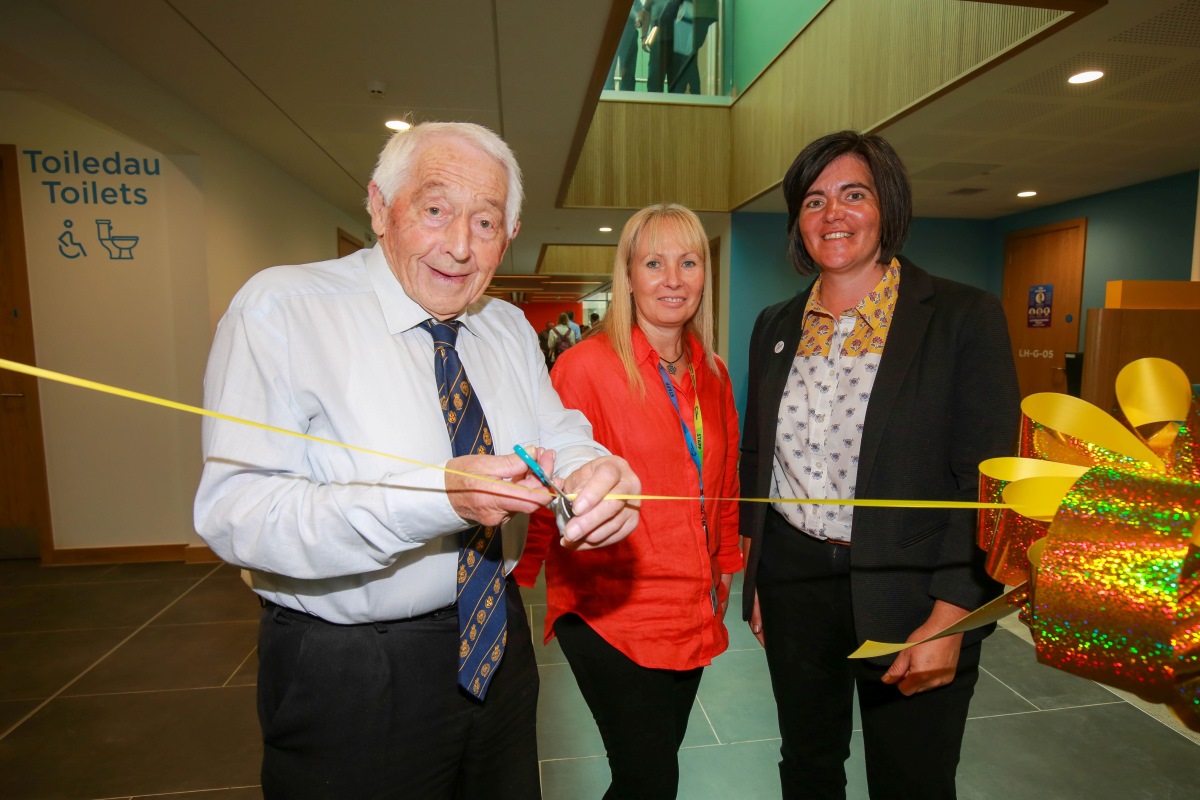LSC announces 2006 Apprenticeship Awards Finalists
“
The antiquarians among us have a lot to thank self-made millionaire Sir Alan Sugar for: thanks to his Bafta award-winning TV show The Apprentice, in which 12 highly ambitious, single-minded young go-getters (with poorer listening skills than the average domestic pet) compete for a job within Sir Alan’s organisation, a near-obsolete term has been resurrected in the public consciousness.
Apprentices and apprenticeships are now firmly back in fashion, and to prove it the Learning and Skills Council (LSC) has this week announced the finalists for this year’s national Apprenticeship Awards. (Cue bickering, backbiting, swearing and protracted conversations on how exactly we are going to deploy the next ten minutes of our limited time.)
Meeting a Demand
With almost one in five jobs in England remaining vacant due to a lack of skilled candidates, the Awards recognise those employers who are successfully tackling this challenge by investing in apprentices. According to the LSC, this year’s Awards attracted a record 1,113 entries from “outstanding” candidates, including British Gas, Land Rover, Chesterfield Borough Council and Beere Electrical Services.
Stephen Gardner, Director of Apprenticeships at the Learning and Skills Council, himself a former engineering apprentice, commented that the announcement was especially timely as thousands of young people sit down to take their GCSEs and A Levels this week: “Many of these students will choose an Apprenticeship after their exams. These young people are the future of UK business and increasingly employers are choosing to recruit them through Apprenticeships. These Awards, which recognise the achievements of young people and employers, show why.”
A Serious Issue
While Sir Alan’s highly absorbing and often amusing series has done much to entertain us during the last two months, the fundamental premise of the show, to learn practical skills in a practical environment, remains a serious issue: with an explosion of students moving on to study academic subjects, in particular the arts and humanities, at university over the last decade, the entire education system has become heavily weighted towards the theoretical.
A lack of skilled practitioners to fill skilled vacancies is not the only, or most significant, consequence of this educational distortion; social status has also become largely dictated by one’s ability to claim inclusion within the academic, or a least pseudo-academic world (illustrated by a bunch of students smoking rollies, discussing the merits of socialism and how Big Brother epitomizes post-post modernist voyeurism).
Hopefully, with the raised profile of the skilled, and the practical as seen in the growth of apprenticeships, we will see a realignment of the dominant values of the education system.
Michelle Price
Stay at FE News for the latest in FE!
“











Responses